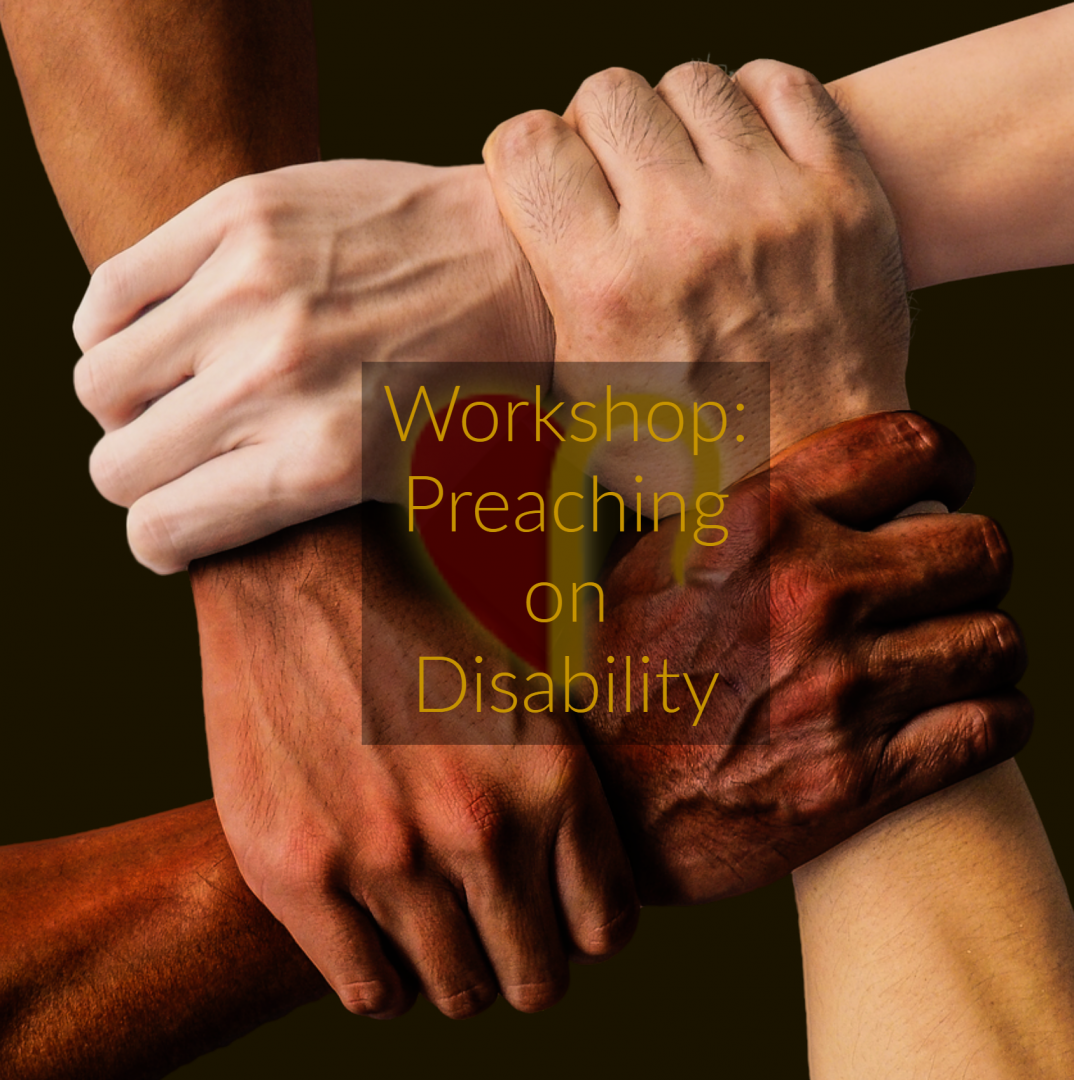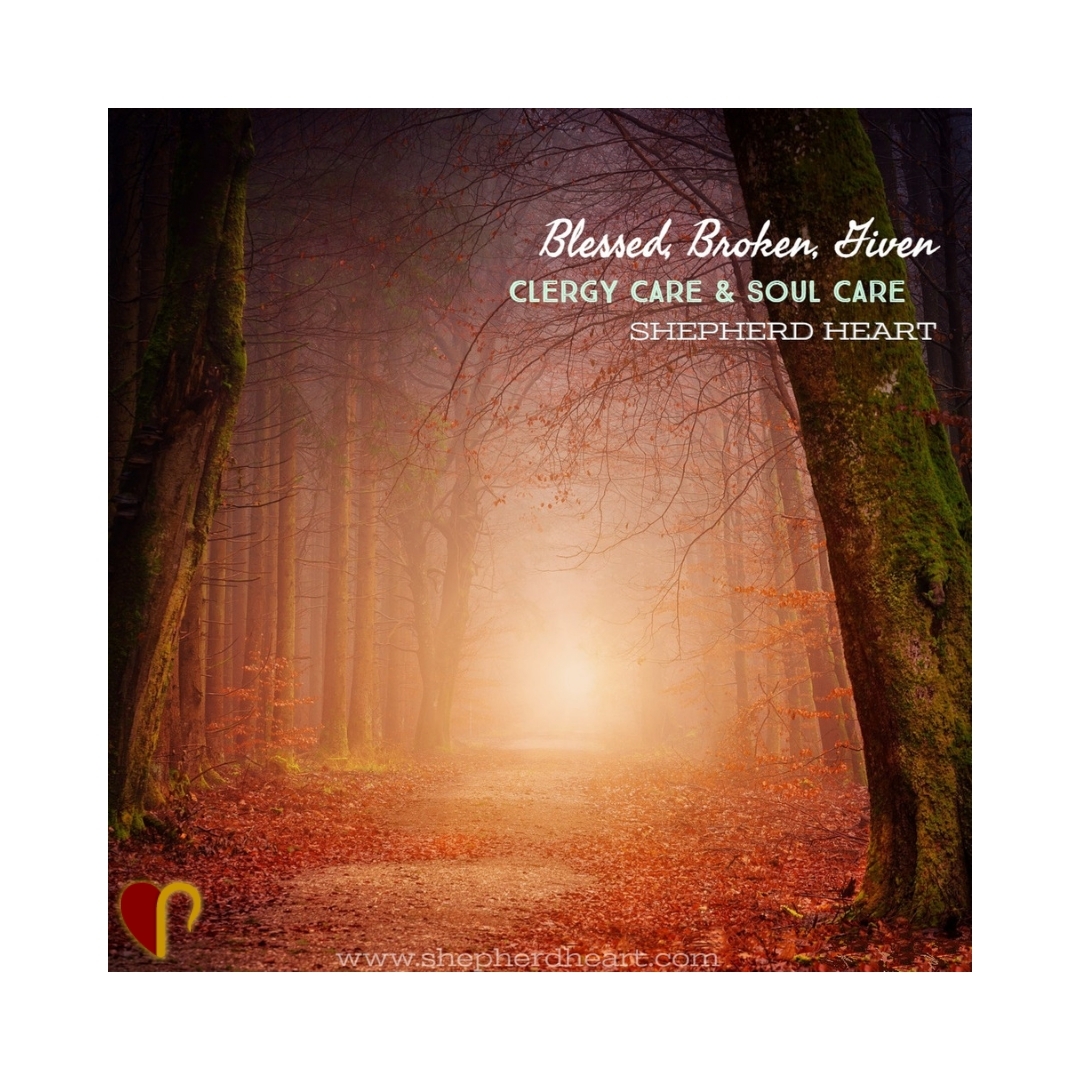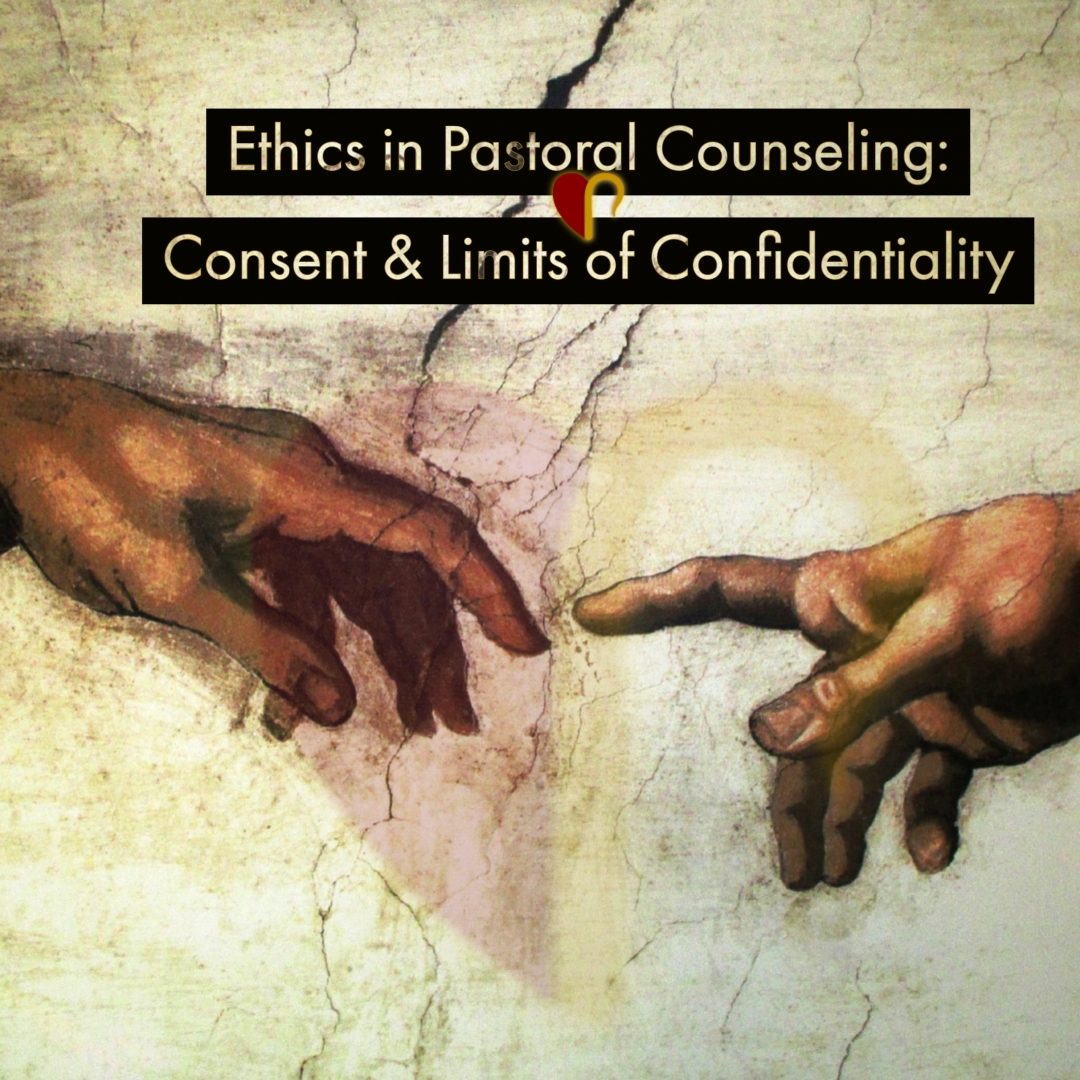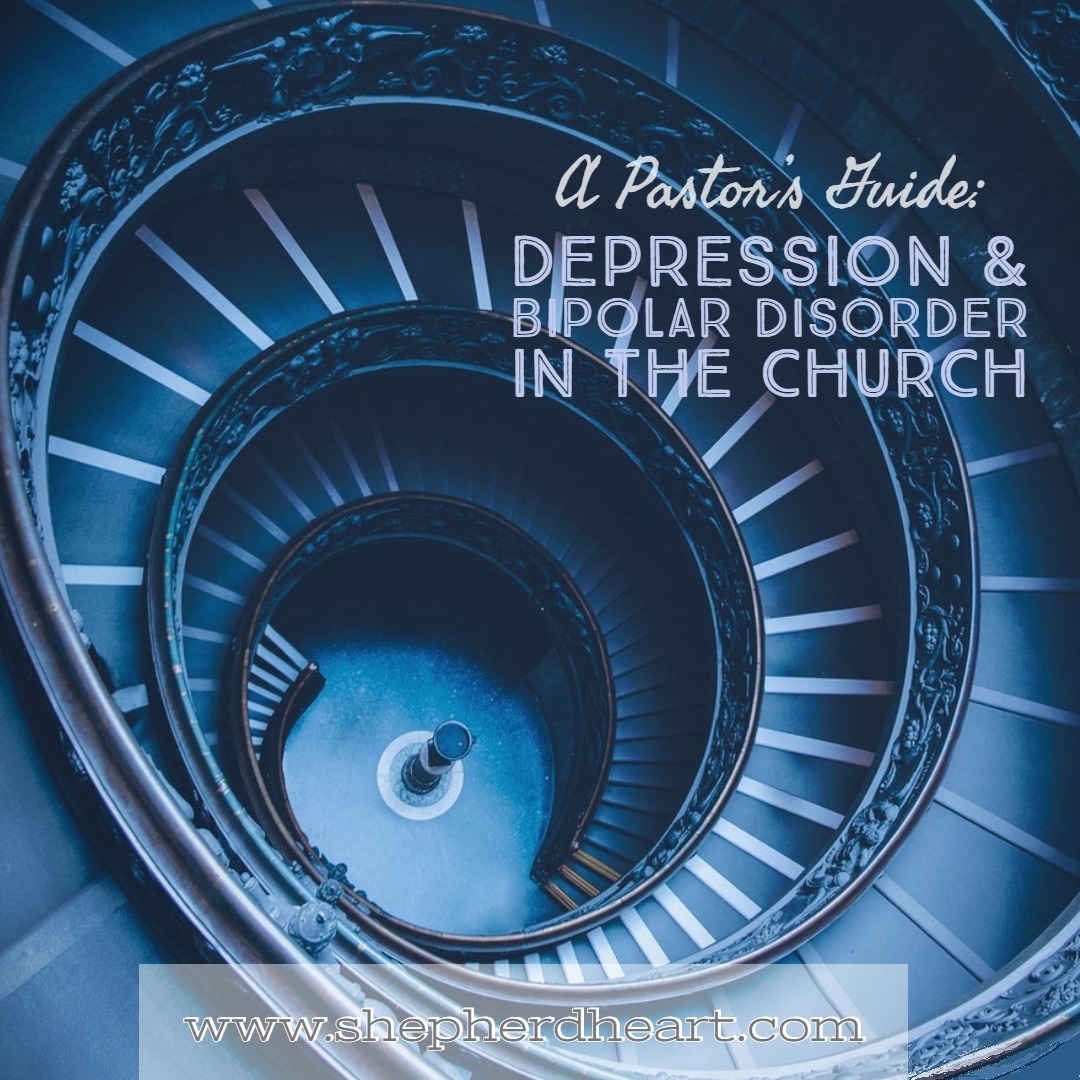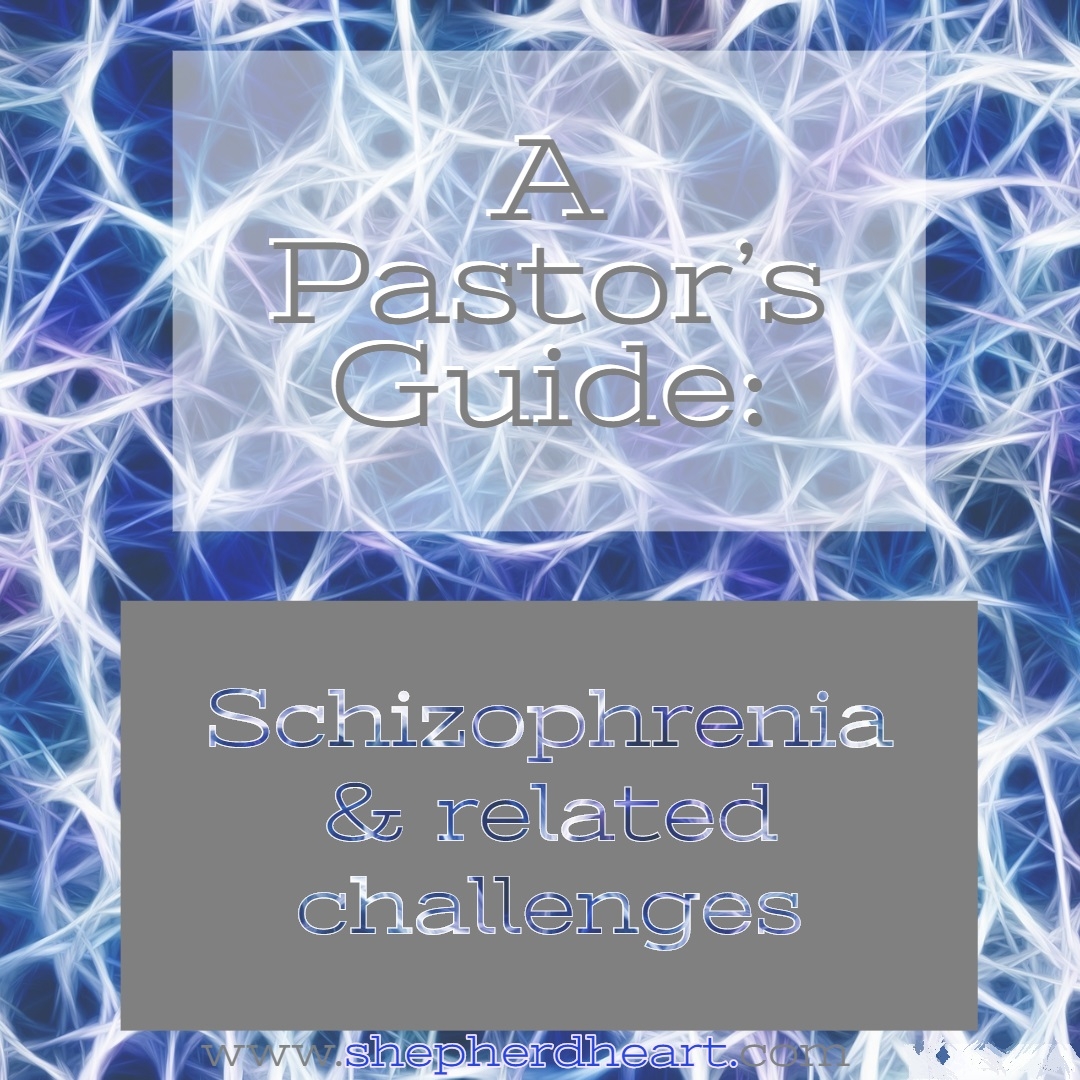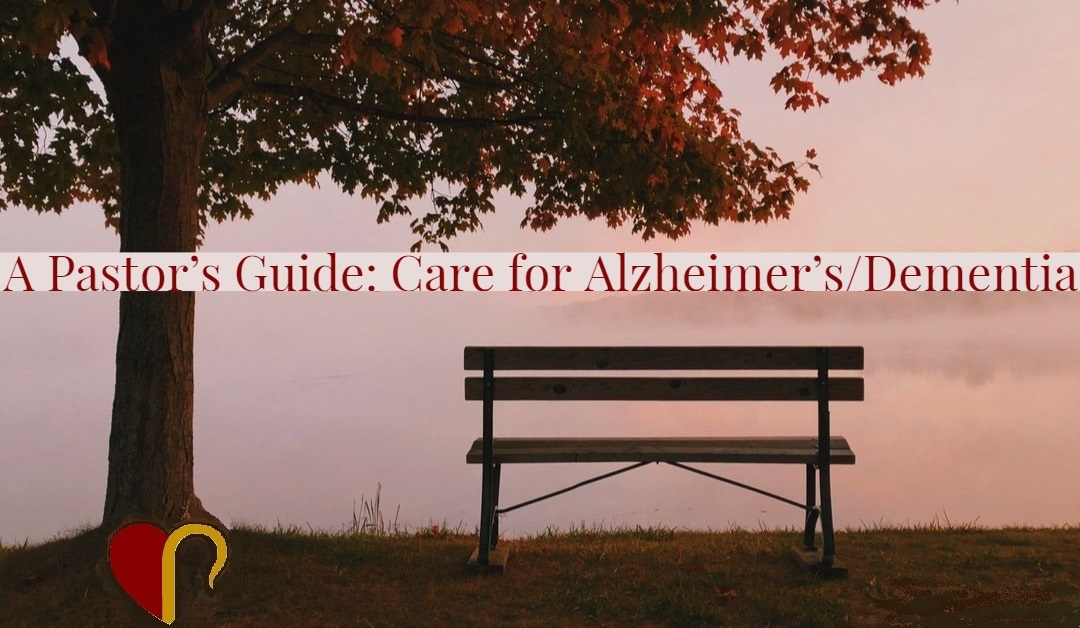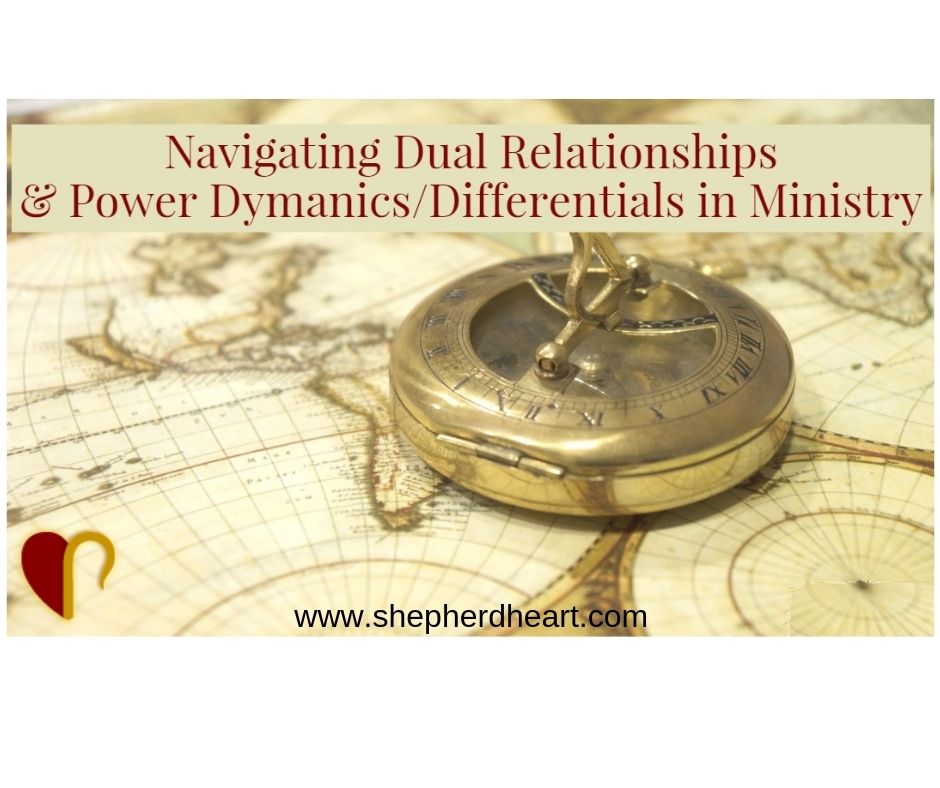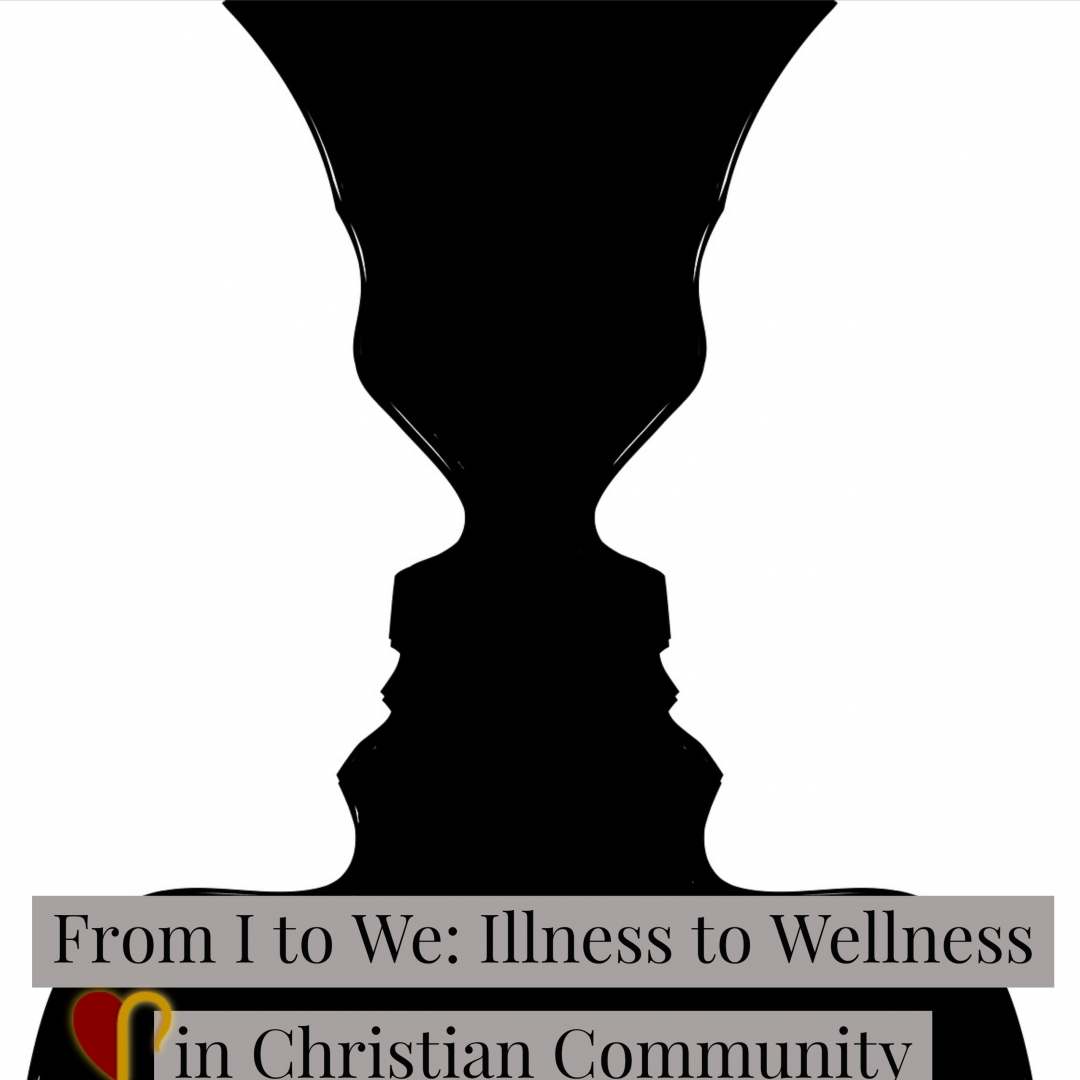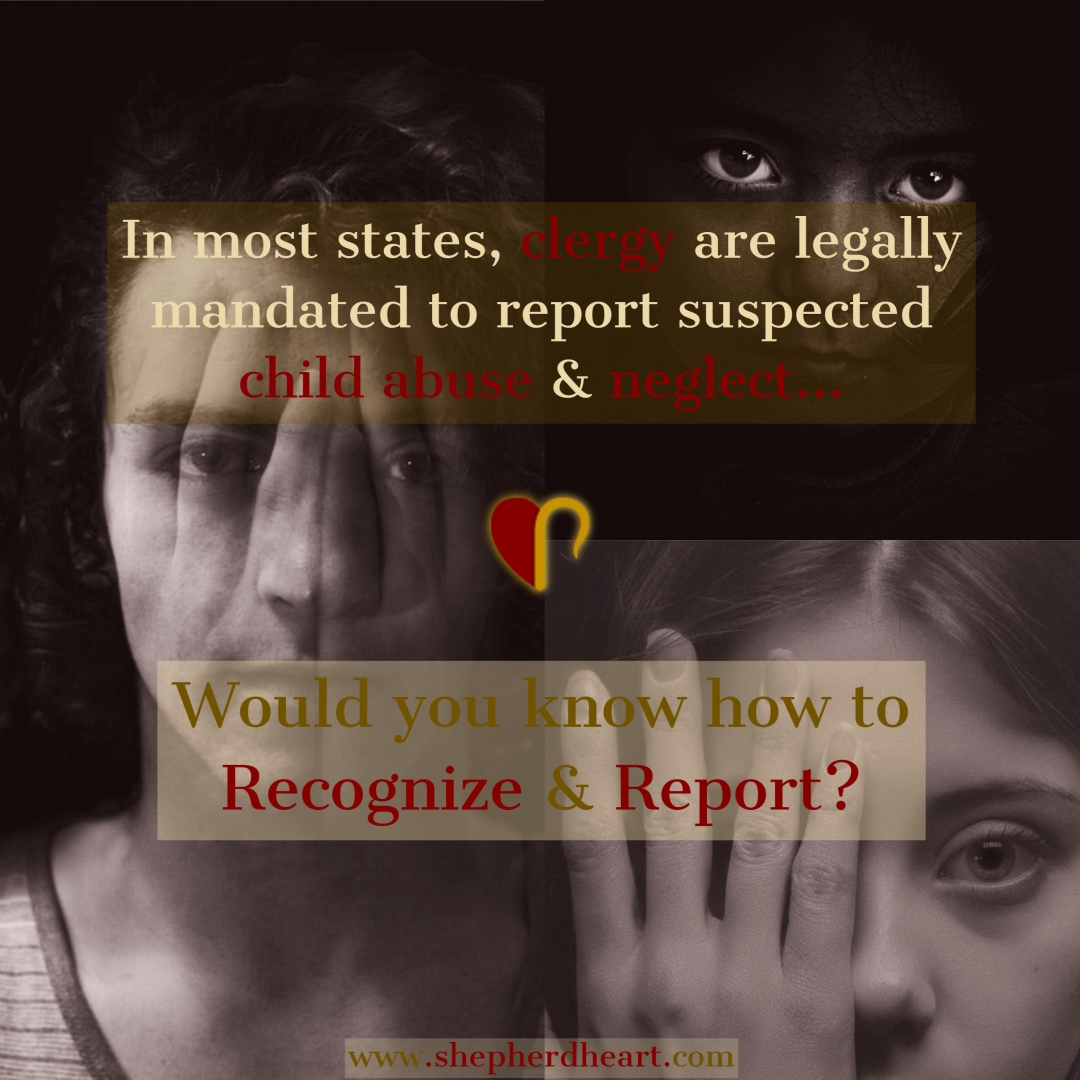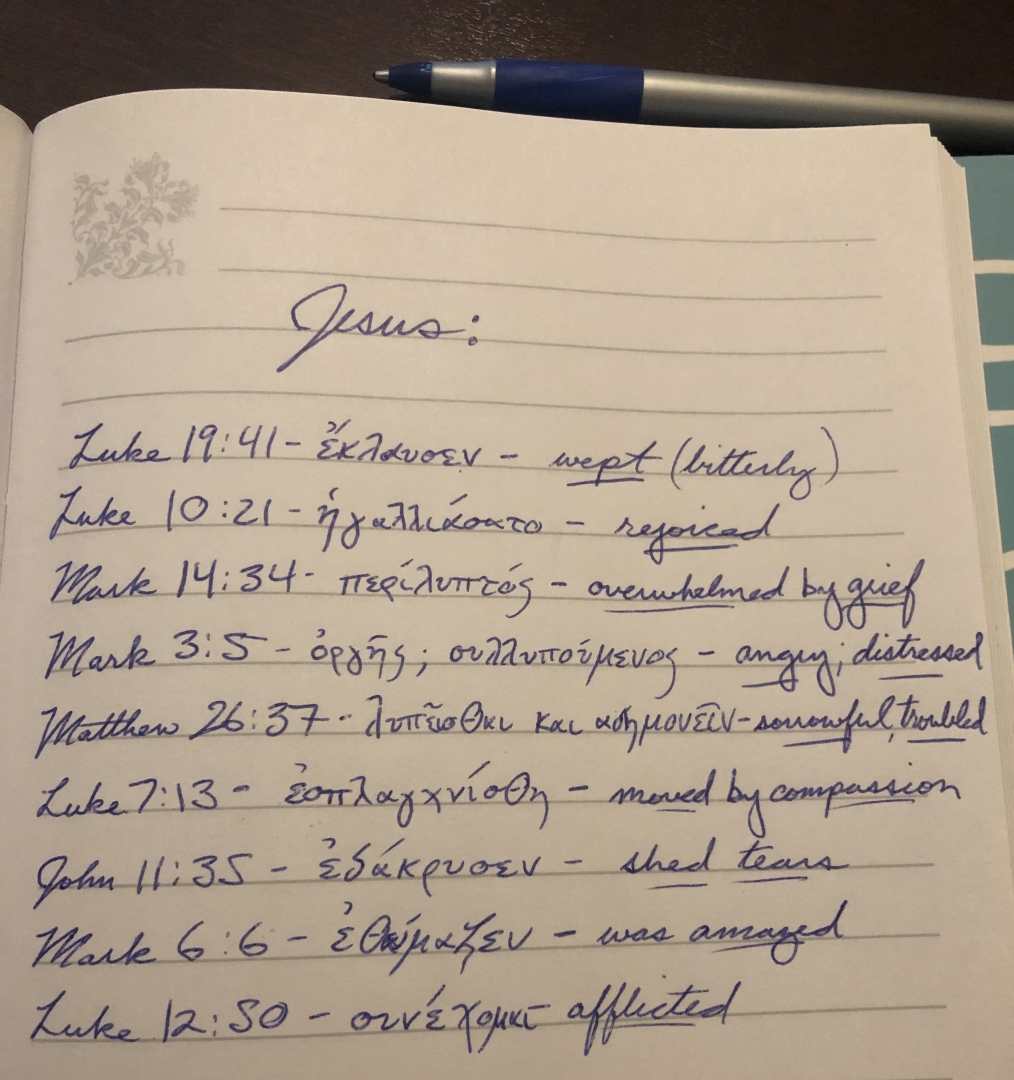You shall know the truth, and the truth shall make you odd. –Flannery O’Connor
———–
Echthrophilia: ĕk•thrō•FĒL•ē•ə n. 1. a.k.a. Enemy-Love. A rare, sometimes life-threatening condition characterized by an overpowering conviction to turn toward one’s adversaries with compassion and care. [orig. Grk. echthros (enemy) + philia (love)]. Examples: Rarely observed in the animal kingdom; see Snake & “Snack” below. Occasionally observed among humans; see Dirk Willems. See also, “Sermon on the Mount.”
Echthrophilia. You might call it “abnormal psychology.” Many do. And who am I to argue? Personal distress. Disruption of usual social patterns and occupational functioning. Disturbance in activities of daily living… Apparently, turning toward one’s enemies in love bears hallmarks of disorder. It’s indisputable that enemy-love can be hazardous to your health, and may bear at least a superficial resemblance to self-destruction.
For me, echthrophilia had a late-onset, acute: It happened suddenly in 2004, when I was about 25. All I wanted was to be “normal.” And I had ambitions for “success,” which was finally so close, I could taste it. Another year of neuropsychological training at the Veterans Affairs hospital and that diploma would soon be hanging on my wall.
Though, it was hard to say that I naturally fit into the military culture at the VA. I was a petite blonde in a pink dress-suit surrounded by career military men. But more than that, I had been nurtured by a community of Mennonites. [Note to reader: Mennonites may be hazardous to one’s worldly ambition for “success”.] Yet, I wanted to fit in. I was not there to impose my faith or ideology onto anyone. My job was to perform excellent neuropsych assessments and therapy for my veteran-patients like a good and dutiful soldier (rotations were commonly referred to as “tours of duty”) — to finish my doctoral hours without any hiccups. Clock in, clock out. That was the plan.
And clock in/clock out, I did. Day after day, another service-connected traumatic brain injury, another case of post-traumatic stress, another broken body, another violence-ravaged mind. I looked upon each day as a kind of deployment of my own. I cared for my vets, and we established good rapport. You can’t do good work without good rapport. You have to care for patients’ overall well-being.
I really don’t know why it took the HR department over a month to finalize my formal paperwork – I thought we had. But what I do know was that, at the time, Al-Qaeda extremists and other militant groups had threatened to target unidentified VA hospitals in a terrorist attack (“soft targets” as opposed to other more heavily guarded targets.) And our VA hospital was of national prominence- one of the biggest in the country. So we were on high-alert. Everyone was hypervigilant (a diagnostic criterion for post-traumatic stress, as it happens), always on the lookout for anyone who is suspect. Perhaps that’s why the VA suddenly reinforced its policy on having all its employees and trainees take a loyalty oath- a practice that didn’t seem so needful to the HR department before. Surely an oath would protect us all from an act of terrorism…
Standing there in the Human Resources department, something happened. Yes, I always cared for the service-men and -women whom I served, and I hated the violence that hurt them and others. But the precipitating factor (“the trigger”) for my late-onset was the sheer volume of the God-and-country kitsch that littered the entire VA, and surrounded me in the HR office.
On the receptionist’s desk where I stood waiting, there was a painstakingly crafted hand-carving of the words “Jesus” and “Saves,” merged to spell out “JesUSAves” –nationalism being the central message of their gospel. I looked up and saw red, white, and blue bible verses hanging on the walls. It all made me feel dizzy. (In all the red, white, and blue – was I seeing stars, too?) There were decorative crosses draped with American flags, where you might have looked to find, instead, the body of Jesus. To get to the HR office, I had passed through the parking lot where I started each morning, with innumerable bumper stickers proclaiming “God bless America!” (Yes, Lord, please do! – but where were the bumper stickers saying, “God so loved the world…”? Not a one to be seen.) Never had I so longed to separate church and state.
On the outside, I looked perfectly composed like a good little soldier. But the overwhelming star-spangled spirituality was making me feel ill. I leaned on the receptionist’s desk for support as I waited for her to meet me for our appointment. “Thou shalt have no other Gods before me… Thou shalt not make idols….Thou shalt not bear the Lord’s name in vain.” It kept ringing in my ears and rattling in my bones with a violent force its own, and I couldn’t make it stop. Onset, acute.
The nice-enough HR lady finally approached me and slid a statement under my nose. “We need you to take this loyalty oath [to defend the Constitution against all enemies foreign and domestic…]” I somehow felt like a little girl when I explained that it went against my faith to take oaths, but that I could still affirm statements if I felt they were true. (Oath-taking relates to my understanding of the Commandments- the third one; the Commandments which were evidently not allowing themselves to be silenced in my conscience).
The HR lady stood for a long moment and blinked at me as I glanced through the loyalty oath. She exhibited a patience for me that was not without its limits. “So… I could affirm this statement about defending the Constitution…,” I began sheepishly, “…but in order to do that ‘without any mental reservation,’ I would need you to know that when I say ‘defend’ I would really mean ‘non-violently defend.’ And when I say ‘enemies,’ I would really need you to know what I mean about how my Christian convictions require me to relate to my enemies.” [Note to reader: I could tell she was bright, but this did not compute.] “I mean… you know, ‘to love them’ and ‘to pray for them’….” She blinked again. “I’m a pacifist,” I explained.
And there I was: A radical in a little pink dress-suit.
“You’re a –what?” [Note to reader: Her limit of patience was just exceeded.] She was clearly astonished and thought me an oddball – or worse.
“I’m a pacifist.” I stated again and politely illustrated with examples, “like Quakers, Amish, Mennonites…”
“Are you a terrorist?!”
Now I was astonished, never having been accused of being a terrorist before, especially for professing convictions of non-violence. No, if I were a terrorist, I would definitely just take the oath. [Note to reader: This was not the right thing to say.] I attempted again to define and illustrate “pacifism,” which was quite opposed, in point of fact, to all forms of violence and terrorism. Had she really never heard of it before?
“Then what business does a ‘pacifist’ have working with veterans?” I thought immediately of my veteran-patients who had been the bright spots of those dizzying days. I thought of their war-torn bodies, their traumatic brain injuries, their pained post-war psyches.
“I’m a therapist. I am here to help the veterans.” (The Hippocratic oath of doing ‘no harm’ was one I could certainly affirm ‘without any mental reservation’.)
After this conversation in the HR office (and many, many ensuing conversations about the stance of Historic Peace Churches, like Mennonites), I understand that it took the VA another month to decide -with legal consultation- whether I could continue on in my position, or if they could release me. In the end, maybe they decided that it would be a violation of my Constitutional rights (of which I affirmed my “nonviolent defense”) to remove me. Freedom of speech and of religion – God bless it!
These days, “extremists” and “radicals” only seem to refer to people who would do us harm. To be non-conforming or maladjusted to the ways of the world is to be odd, or even suspect. But here’s the thing: In a world where war has become the norm, the madness of vengeance is commonplace, and the myth of redemptive violence abounds, I hope to be odd.
Dr. Martin Luther King once wrote from a Birmingham jail: [T]he question is not whether we will be extremists, but what kind of extremists we will be… Christ was an extremist for love, truth, and goodness …[T]he nation and the world are in dire need of creative extremists.
Yes, the terms “radical” and “extremist” have been co-opted and corrupted by their connotations of those who would do violence. But these labels have been surrendered to them by those of us who lack the imagination to be extremists of love, a.k.a., disciples of Jesus. May we pray for more extremists for Jesus’ radical love – love even of enemies. After all, the “madness” of enemy-love is the only way to end the pervasive madness of vengence, violence, and war.
–m.h.
Upcoming Ministries & Events:



